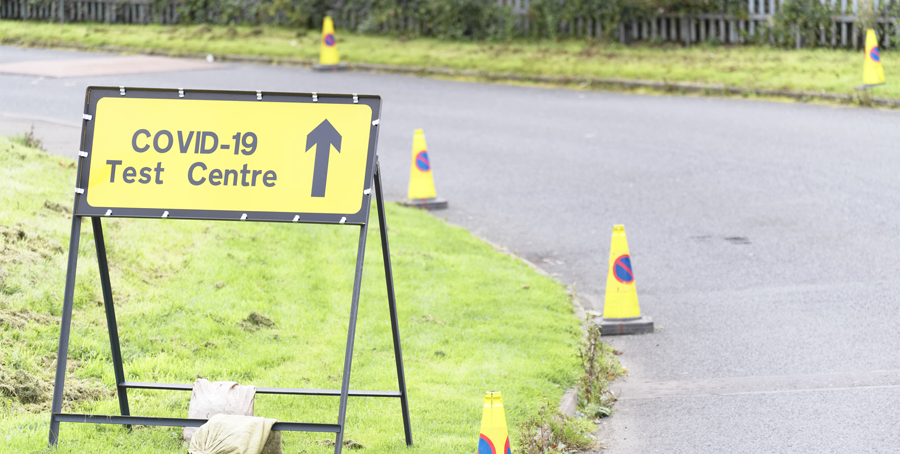Mass coronavirus testing is to be rolled out immediately for all secondary school pupils in parts of London, Kent and Essex in a bid to bring down the soaring number of infections in those areas, Matt Hancock has announced.
The Health Secretary said “by far” the fastest rise in coronavirus infection rates in those areas was in 11 to 18-year-olds. Therefore, this age group should be tested regardless of symptoms, he said.
Speaking at a Downing Street briefing yesterday evening, Hancock insisted that action needs to be taken now in order to curb the number of infections among young people before it spreads to the elderly and vulnerable.
The government will deploy rapid lateral flow tests, designed to provide results within half an hour, to secondary schools across London boroughs with the highest infection rates in an attempt to control the surge in cases and prevent the capital from being placed into Tier Three restrictions over the Christmas period.
It is also a final attempt by Number 10 to keep all schools open throughout the second wave of the pandemic.
Hancock said: “We want to keep schools open because that’s both right for education and for public health. We are therefore securing mobile testing units and will be working with schools and local authorities to encourage these children and families to get tested in the coming days.
‘We know from experience that a sharp rise in cases in younger people can lead to a rise amongst more vulnerable age groups later. We’ve seen that happen before. So, we need to do everything we can to stop the spread amongst school age children in London.’
Mr Hancock added: ‘I want to urge all those involved to step forward for the testing. It’s important that 11-18year olds get tested in these boroughs irrespective of if they have symptoms.
‘One in three people with COVID have no symptoms at all, but can still pass it on to others and I know that nobody wants to be responsible for endangering those around them so I urge everyone involved to get a test.’
The government’s strategy of ‘surge testing’ has proven effective in areas such a Liverpool and Leicester.

